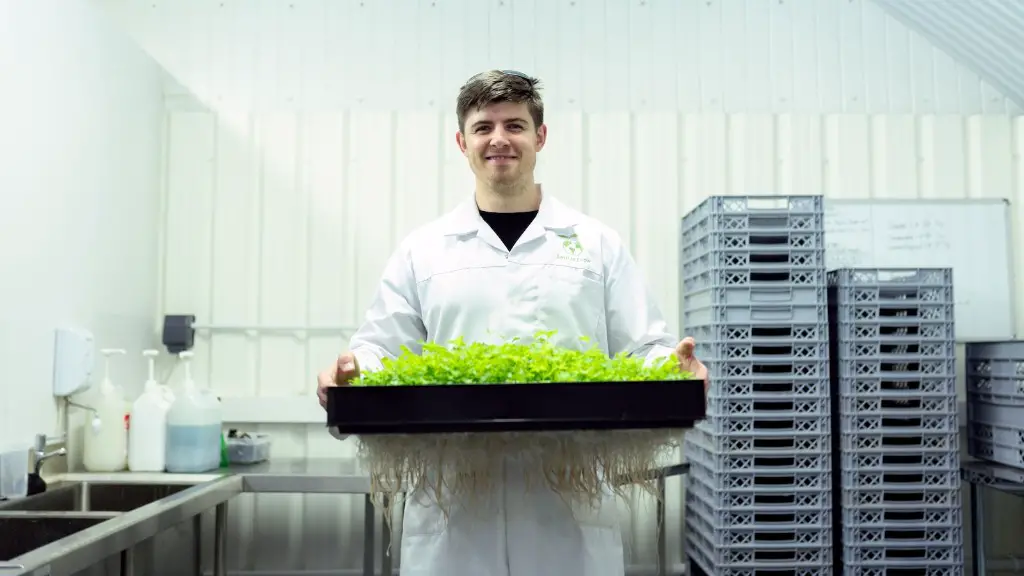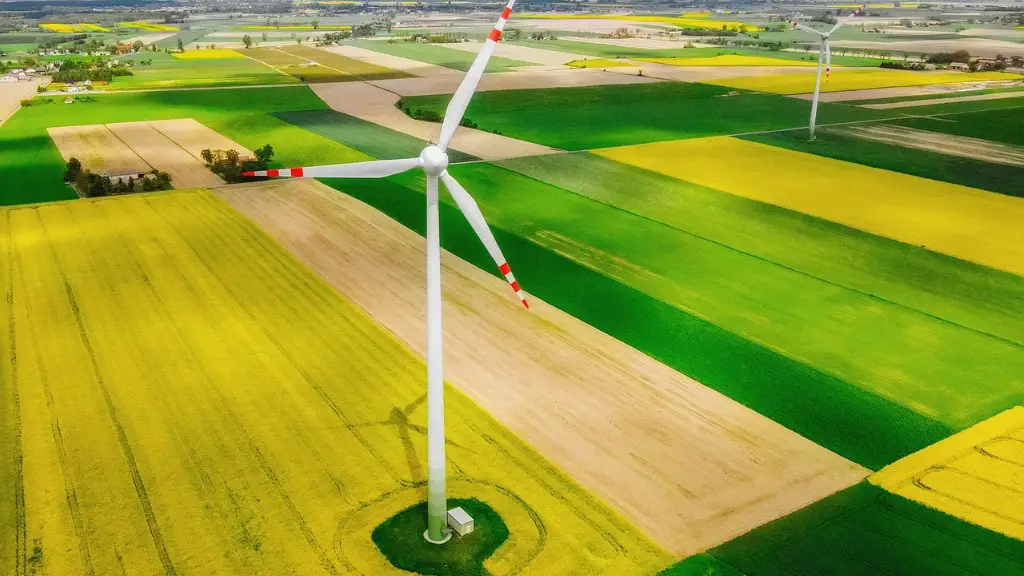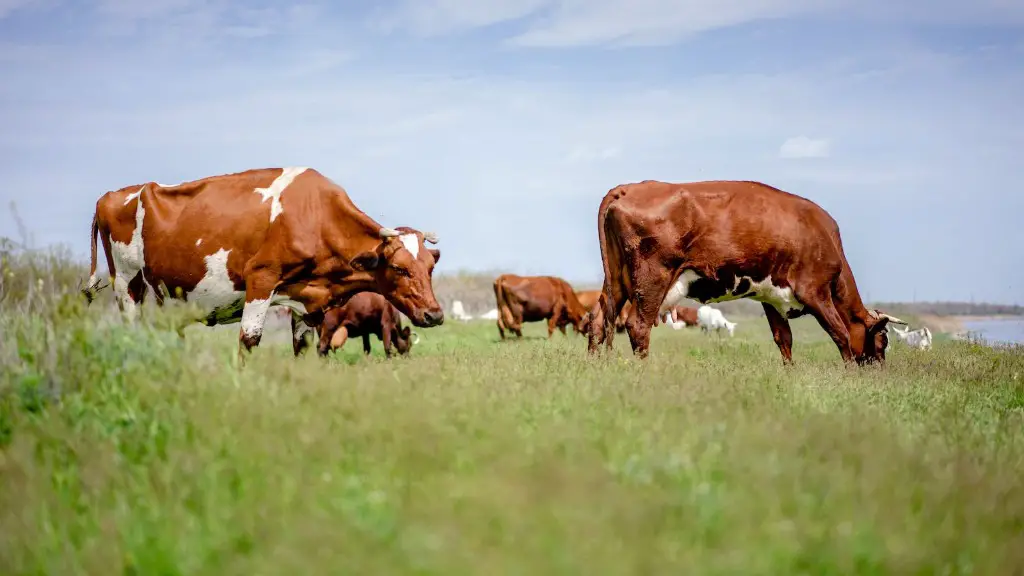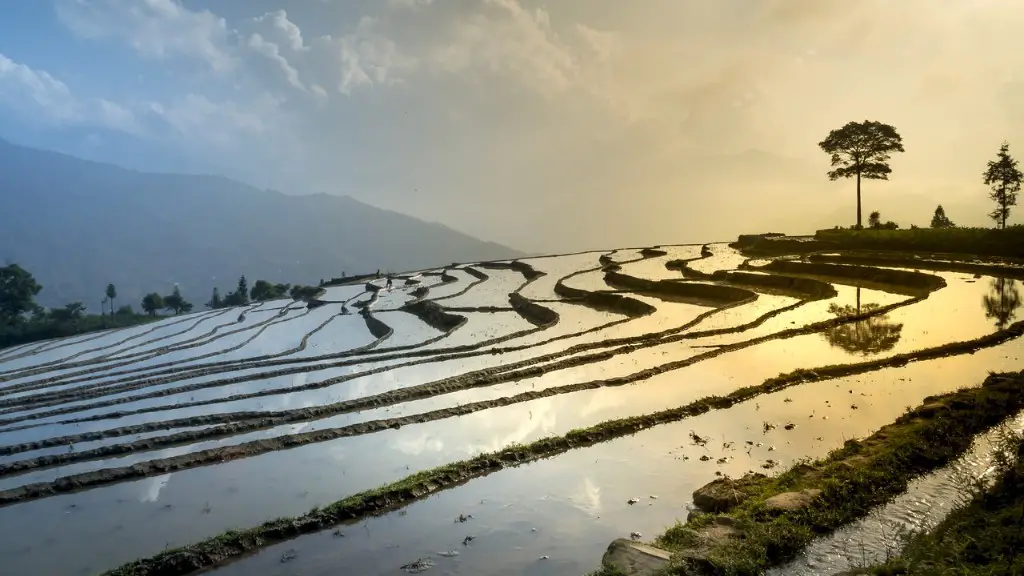The Department of Agriculture in the Philippines is the main government body focused on promoting the agriculture sector. It does this by providing the necessary resources, infrastructure, and policy guidance needed to ensure the industry remains profitable, resilient, and innovative. It is responsible for formulating and implementing plans and programs that support the development of the agriculture sector, and ensuring the sector meets the needs of the Filipino people.
The department is composed of various divisions, each of which is responsible for a different aspect of the industry. These include the Regional Field Operations Division, which is responsible for providing technical assistance, markets, and other vital services to farmers; the Regulatory Services Division, which is tasked with ensuring compliance with laws and regulations; and the Contract Services Division, which provides contracts for farmers, suppliers, and other stakeholders.
The department also provides many other services to the public, such as research and educational programs, production and enterprise credit programs, and support for youth initiatives. It administers major projects, including the National Integrated Production System (NIPS) for small and medium-scale farmers, and the National Fish Kill Control Program (NFKCP) for large-scale fishery production. It also provides support for agricultural-related organizations, including producers’ organizations, cooperatives, and agribusinesses.
The Department of Agriculture also administers and coordinates the Philippine Rural Development Project (PRDP), which provides support to rural areas through access to finance, supports infrastructure development, and promotes agricultural production. Finally, the department is responsible for the facilitation of agricultural trade through the Philippine Agricultural Export Zone Authority (PAEZA).
Ultimately, the Department of Agriculture works to ensure a safe and secure food supply for the population and to contribute to the economic development of the country by enhancing agricultural productivity and protecting the welfare of its citizens.
Role in Ensuring Food Security
The Department of Agriculture plays a major role in ensuring food security in the Philippines. It does this by providing financial and technical assistance to farmers so that they can produce enough food to meet the needs of the population. It also helps farmers access the markets they need to sell their produce, as well as providing them with training and other resources to help them increase their yields and incomes.
The Department also plays a major role in helping develop appropriate strategies for addressing food insecurity, such as the improvement of post-harvest 30 storage and processing capacity, development of agricultural infrastructure, and the promotion of sustainable agricultural practices.
In addition, the Department assists in providing emergency relief for those affected by natural disasters or food insecurity, by providing food, emergency rations, and other important commodities. It also helps to ensure food safety and quality, by providing surveillance and diagnostic services, issuing advisories for avoiding foodborne disease outbreaks, and conducting research on food safety and quality.
Finally, the Department helps to develop public-private partnerships that can help to meet food security needs and encourages the implementation of policies that support the development of the agricultural sector.
Role in Promoting Sustainable Agriculture
The Department of Agriculture plays an important role in promoting sustainable agriculture in the Philippines. It does this by providing technical assistance and training to farmers to help them adopt more sustainable techniques, such as the use of precision farming techniques, integrated crop and livestock systems, and the use of alternative sources of energy and soil inputs.
The Department also helps to promote the use of clean technologies and methods to reduce environmental pollution caused by agriculture, and promote the adoption of organic and sustainable agriculture practices. It also encourages research into new varieties, and seeks to promote the adoption of climate-smart agriculture, crop diversification, and other measures to make the agro-ecosystem more sustainable.
Finally, the Department supports the implementation of agro-ecosystem management plans to ensure that the ecosystem is protected from degradation and that farmers have access to the resources they need to produce enough food.
Promotion of Training and Education
The Department of Agriculture also plays an important role in promoting training and educational opportunities for farmers. It does this by providing technical assistance and training to farmers on various aspects of agricultural production, including post-harvest management, good agricultural practices, sustainable biodiversity management, and equipment operations.
In addition, the Department works to enhance agricultural research and development, including the provision of grants and research funding, support for agricultural innovations, and the establishment of research centers and infrastructure. It also supports the establishment of higher education institutions, such as agricultural colleges and universities, that specialize in agricultural and environmental studies.
Finally, the Department helps promote access to quality and safe food for the population. It does this by promoting food safety through the implementation of food safety protocols, by providing technical assistance and training on food safety and quality, and by providing surveillance and diagnostic services to ensure the safety of food products.
Protection of Natural Resources
The Department of Agriculture also plays an important role in protecting the environment and natural resources. It does this by providing technical assistance and support for the protection of terrestrial and aquatic ecosystems, as well as the preservation of biodiversity.
The Department also supports the sustainable use of resources and the conservation of natural resources. It does this through various measures, such as the promotion of integrated crop and livestock systems, the use of alternative energy sources and soil inputs, and the promotion of agroforestry and integrated pest management technologies.
Finally, the Department helps promote the adoption of climate-smart agriculture and crop diversification, as well as supporting the development of extension services to enhance agricultural production. It also works to improve infrastructure, access to finance and input markets, and support for marketing initiatives.
Market Access
The Department of Agriculture also plays an important role in providing farmers with access to markets. It does this by providing technical assistance for the development of market linkages and trading post cooperatives. It also works to facilitate access to finance, as well as supporting the improvement of marketing and promotion for agricultural commodities.
The Department also provides support for agribusinesses and cooperatives, as well as the implementation of regional and global agricultural regulations and trade agreements. It also works to promote regional and international agricultural exchanges, by organizing trade missions and facilitating market access.
Finally, the Department helps to facilitate agricultural trade through the Philippine Agricultural Export Zone Authority (PAEZA), as well as providing support for producers’ organizations, cooperatives, and private firms. It also works to promote the competitiveness of the agricultural sector, as well as encouraging agricultural investments.





